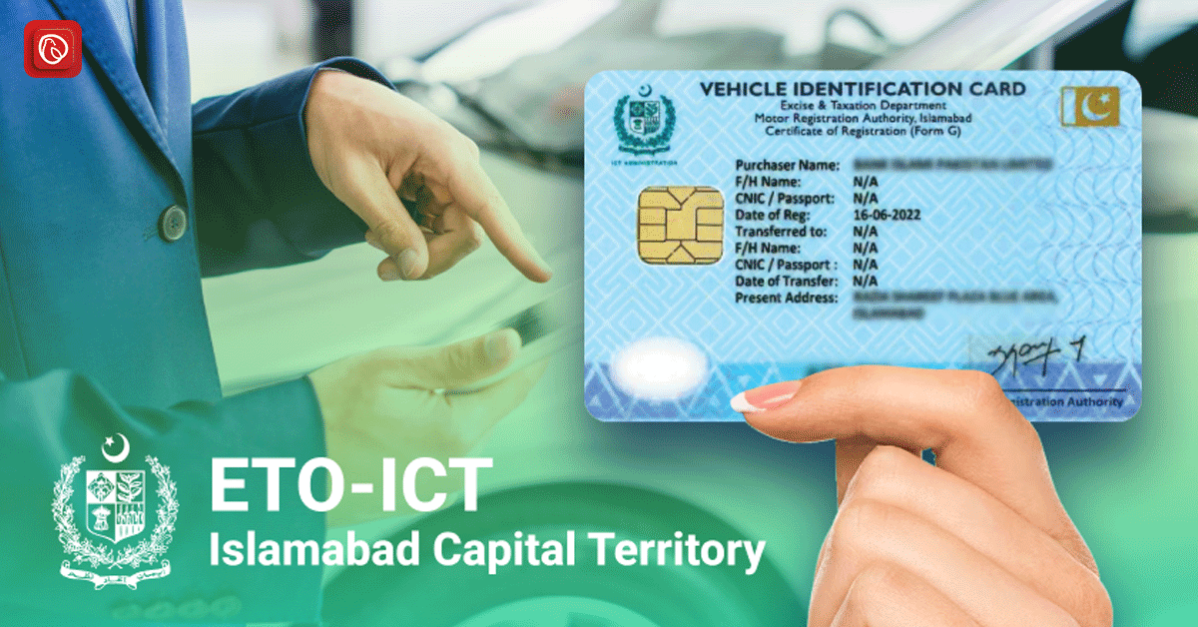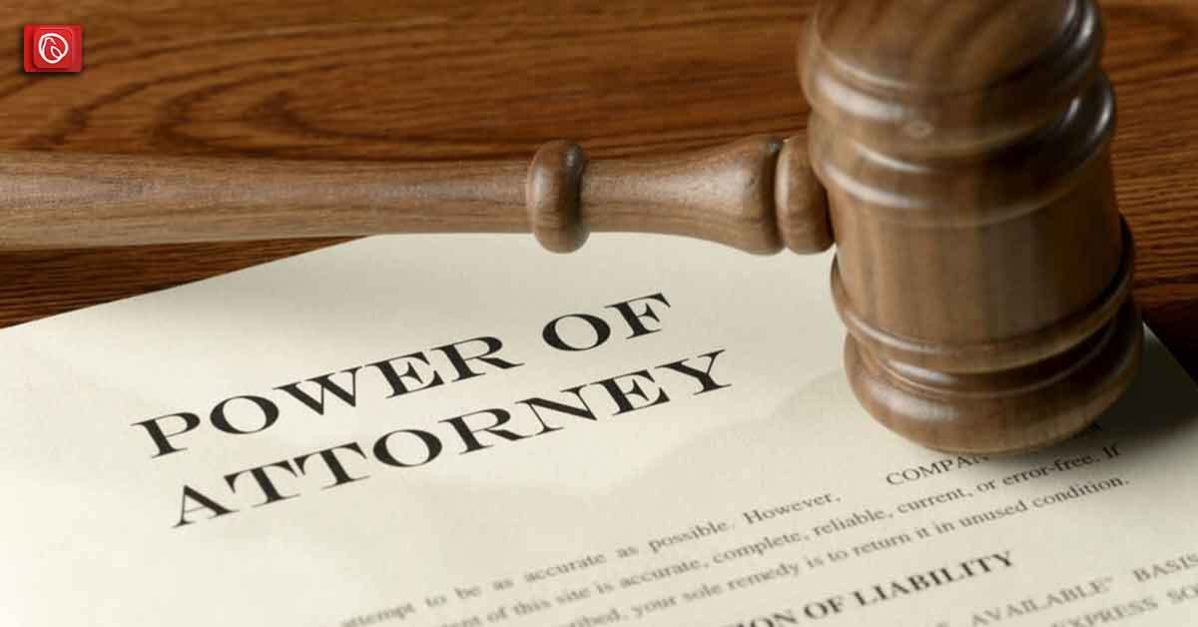Applying for a credit card is a decision that can have long-term consequences. On one hand, you would be able to use it for online transactions, or build your credit history to qualify for housing loans, car loans etc. However, if these cards are not used with caution, it can create a debt problem for the user. This is why it is important to know (especially for first-time users) about the best ways to utilise credit cards in Pakistan.
Graana.com, Pakistan’s smartest property portal, has shared the pros and cons of credit cards below, along with tips for using them in the right manner.
What Is Credit Card and How Do They Work?
A credit card is a physical card that can be used for paying bills, making online purchases or withdrawing cash (depending on the type of credit card you have). You can think of a credit card as a short term loan that you take from a financial institution.
When you open a credit account in any financial institution, it offers you a specific credit limit that you can use to pay your bills and buy miscellaneous items. The paid amount is deducted from the available credit limit. At the end of the billing cycle, the card issuer will send the complete statement of all the transactions that you have to pay back. If you don’t return the complete amount, the credit card company will add that amount to your balance and charge interest according to the card APR (Annual Percentage Rate).
What Is the Annual Percentage Rate (APR)?
APR is the cost of borrowing money from the bank via a credit card. You can avoid these charges by paying the amount in full that you owe to the card issuer. Assume that your credit card has a 20% APR and you have a balance of Rs. 100k. If you don’t clear this balance by the end of the year, you will owe 120k to the bank. This is just an example to explain APR because, in reality, you have to make the minimum payment to the card issuer each month.
Credit Card vs. Debit Card
Sometimes people confuse the two although there is one key difference between credit and debit cards. A debit card allows you to spend money from the funds that you have already deposited in your bank account. On the other hand, a credit card allows you to borrow funds from the bank up to a certain limit for making purchases, paying bills etc.
Pros of Having a Credit Card
The following are some of the advantages of using credit cards.
Great for Building Credit
When you apply for a loan, the first thing that the lender checks is your credit history. If you’re paying all the credit card bills on time and haven’t missed any payments, then your credit score will be positive. This matters a lot in achieving your financial goals in the long run.
For instance, according to pyramidcreditrepair.com, if you have a good credit score, you may not face any issues getting an auto or housing loans from banks.
Convenience

Credit cards are easy to use for making different purchases anywhere you want. Thus, you would not be required to carry around any cash with you. This is particularly useful during any case of emergencies.
Reward Points
Credit cards can help you to earn rewards in the form of cashbacks or airline miles if used frequently. If you are making all your daily purchases with a credit card, these rewards can add up quickly to your account.
Fraud Protection
One of the benefits of having a credit card in Pakistan is fraud protection. For instance, if your credit card gets hacked, the money will not be charged to your bank account. This is not in the case of debit card fraud – the money is charged to your account first, which is refunded later. A credit card also provides purchase protection, which means that if a seller doesn’t come through, you will get your money back.
Cons of Having a Credit Card
The disadvantages of having a credit card are listed below, to help you decide if you should apply for one.
Potential to Overspend
This is one of the biggest risks of having a credit card in Pakistan because we tend to treat it as an infinite pool of money and, hence, don’t keep tabs on our purchases. This is why it is best to keep an account of everything that you spend so that you don’t fall into the debt trap.
High Cost of Borrowing
Credit cards are easy to use but the cost of borrowing from the lender can be quite high if you compare it with other traditional loans. Most of the credit cards in Pakistan have a high APR, so if you’re not paying the complete balance each month, you may have to pay interest on the borrowed funds, which can potentially lead to a debt problem. Some credit cards in Pakistan have a cash advance option through which you can get cash quickly. However, the interest rate charged on these is much higher compared to the purchases made through credit cards.
Annual Fees
Almost all of the credit cards in Pakistan have an annual fee that you have to pay each year. These, coupled with an outstanding balance, can be quite costly for the user. So, it is better to check all the terms and annual charges associated with a card before applying for it.
How to Get Credit Card in Pakistan
To apply for a credit card, you just need to submit the following documents to the bank:
- Original and verified copy of CNIC or NICOP (for overseas Pakistanis)
- Proof of income (the latest salary slip etc.)
- Copy of a recent utility bill
- Duly signed bank application form
Once this has been done, the bank will check your credit history and decide whether you are applicable for a credit card.
Best Credit Card in Pakistan

Banks in Pakistan offer different types of credit cards to their clients, which also have numerous perks. A list of the most suitable options for you has been compiled below.
Bank Alfalah Visa Platinum Credit Card
With a Bank Alfalah Platinum credit card, you get supreme services whenever you travel, shop or dine out. The biggest benefit is that it doesn’t have any annual card charges.
The eligibility criteria for a salaried person is as follows:
- Minimum salary requirement: Rs 100,000
- Age limit: 21 – 60 years
- Documents required: CNIC, salary slips, bank statement, letter from employer
The following criteria applies to those who are self-employed/business owners:
- Minimum income: Rs 150,000
- Age limit: 21-70 years
- Documents required: CNIC, NTN, proof of business, bank statement
HBL Platinum Credit Card
HBL Platinum card offers amazing discounts and rewards to its users. To obtain this card, you must meet the following criteria if you are on a payroll:
- Must be 21-60 years of age
- Submission of employment proof (salary slip, letter from employer) and CNIC
In case you are self-employed or a business owner, the following applies:
- Must be 21-65 years of age
- Submission of proof of business, NTN, bank statement and CNIC
Standard Chartered VISA Worldmiles Credit Card
This credit card offers huge online discounts and reliable services all over the world. With this card, you get access to funds 24/7 via online banking. To apply for this credit card, you need to have the following documents and meet its eligibility criteria.
- Have a credit card or a loan product from any bank for more than 1 year
- CNIC
- Income Proof
- Must be 21 years of age or, if you’re self-employed, 25 years of age
Tips for First-Time Credit Card Users
Below are some guidelines for first-time credit card users.
Make Payments on Time

This is the most important factor in having a good credit score. If you’re not paying all the money you owe to the bank on the due date, then you will have a negative credit score and you will be charged a late fee.
Clear Your Credit Card Bill Each Month
Paying all the credit card bills in full each month can help you avoid higher interest charges and debt problems. If you cannot pay the full amount due to unforeseen issues, try to pay the maximum amount. You would be able to save money in the long run in this way.
Use Credit Card for Planned Purchases Only
Avoid making impulse purchases on your credit card; this can help you avoid getting into debt as you will be spending within the limit.
Set a Budget
Users can receive multiple rewards and benefits from using a credit card. However, you should be careful about not buying anything that you cannot afford. You can use the 50/30/20 method: you can use 50% of your credit on paying bills, 30% on purchases and 20% to pay off any debt. In this way, your spending will remain in line with your income.
Keep Track of Your Purchases
Once you have set a monthly budget, keep track of all your purchases via the bank’s mobile application or website. If you have reached your spending limit before the month ends, try not to use the card in the remaining days. This kind of discipline will ensure that it keeps you from getting into debt.
Redeem Rewards
All credit cards have a reward system through which you can avail cashback offers and other perks. These points can be used in restaurants, hotels or for making online purchases. Make sure you use them before they expire. These rewards can also help in saving money on a monthly basis.
However, if you’re not careful with your spending, a credit card may lead to high-interest charges, debt problems and a negative impact on your credit score.
In a nutshell, the best way for first-time credit card users is to only use it with the trust that it can be paid off later. Only spend the amount that you can afford to pay back on a monthly basis.
If you want to read more related guides, follow Graana.com.




